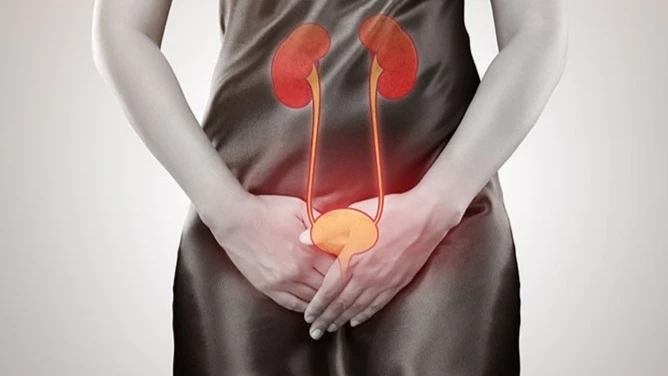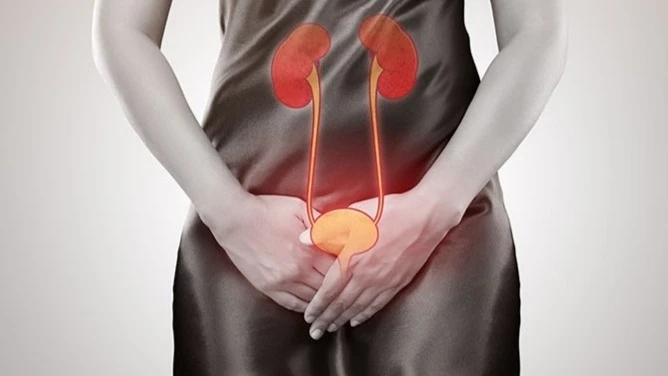The hidden burden: Understanding, managing UTIs within communities

URINARY Tract Infections (UTIs) have become increasingly common in local communities across Tanzania, posing a serious challenge to public health. Medically referred to as UTIs, these infections primarily affect the urinary system—comprising the bladder, kidneys, urethra, and ureters—without spreading to other parts of the body.
UTIs are named based on the affected area: cystitis (infection of the bladder), urethritis (infection of the urethra), and pyelonephritis (infection of the kidneys). These infections are typically caused by bacteria entering the urinary tract through the urethra, which serves as the passage for urine to leave the body.
Women are particularly susceptible to UTIs due to their shorter urethra and its close proximity to the rectum, which increases the likelihood of bacterial transfer. Once bacteria enter the tract and begin to multiply, they can cause inflammation, pain, and discomfort—common symptoms of a UTI.
While UTIs are not necessarily increasing in prevalence, they are becoming harder to treat due to rising antibiotic resistance. Women experience UTIs more frequently than men, and recurrent infections are common, creating a breeding ground for resistant bacteria. Contributing factors include frequent antibiotic use, underlying health conditions, and hygiene practices.
Research has shown that sexual activity, use of diaphragms, and spermicides can elevate the risk of UTIs. These practices may disrupt the natural balance of bacteria around the urethra. Additionally, pregnant women and individuals with diabetes are more prone to infection. Men can also suffer from UTIs, particularly if they have infections in the prostate, which can lead to recurring cases. In infants, UTIs may be linked to structural abnormalities in the urinary system or reflux of urine into the kidneys.Common symptoms of UTIs include pain or burning sensation while urinating, frequent urge to urinate, even with an empty bladder and pressure or cramping in the lower abdomen or groin
In Tanzania, the prevalence of UTIs has surged in recent years. Studies report infection rates ranging from 16.8 percent to 41 percent among outpatients, with even higher rates among pregnant women and children, triggering significant public health concerns. Poor hygiene has been cited as a major contributing factor.
According to the Health Service Delivery Statistics Bulletin (January–June 2025), UTIs were the second most commonly reported illness among patients aged 16 and above across various regions in the country.
Misconceptions still persist among urban populations, with some believing that UTIs are caused by sharing latrine pits. However, experts refute this. In a recent screening exercise organized by the Tanzania Association of Urological Surgeons (TAUS) in Mwanza, the myth was debunked.
TAUS Secretary General, Professor Chalonde Yongolo, clarified: “Sharing a latrine is not a UTI ticket—as long as basic hygiene is observed. UTIs occur when bacteria enter the urinary tract, not from merely using shared facilities.”
He emphasized the importance of personal hygiene, including regular handwashing, cleaning toilet surfaces, and proper wiping techniques.
Globally, UTIs remain a widespread health issue, especially for women. The World Health Organization (WHO) reports that prevalence rates are around 9 percent in developed countries and up to 45 percent in developing nations.
An estimated 50–60 percent of women will experience at least one UTI in their lifetime, and many will face recurrent infections. This not only affects well-being but also places an economic strain on health systems.
In response, the Tanzanian government has taken major steps to improve healthcare services for UTI and other emergency illnesses. Under the sixth phase government, emergency departments have been strengthened, and medical personnel trained to provide rapid care.
During the Emergency Medicine Day celebration on May 27, Deputy Minister Zainab Katimba announced that the government will recruit over 9,000 health workers in the 2025/26 fiscal year to bolster emergency units across the country.
She highlighted the government's commitment to international healthcare standards, ensuring hospitals are equipped to handle urgent medical conditions like UTIs efficiently and with proper care.
Emergency Medicine Day aims to raise public awareness and strengthen society’s ability to respond to urgent health needs. The theme for this year was: “We are proud to serve you in times of emergency.”
This national effort has already shown success, improving treatment for UTIs and reducing complications and deaths from emergency illnesses. However, experts continue to urge the public to adopt preventive measures and stay informed, as tackling UTIs requires both medical intervention and community awareness.
Top Headlines
© 2025 IPPMEDIA.COM. ALL RIGHTS RESERVED

























